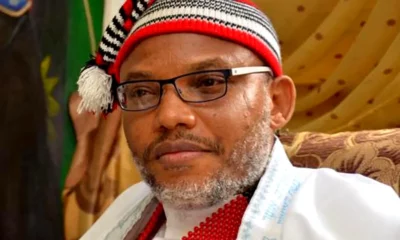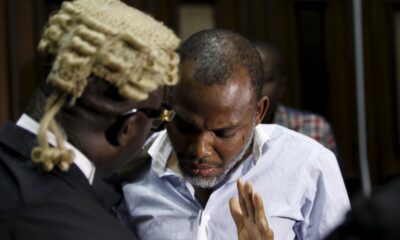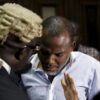More in News
-


Lifestyle
Your Body Needs To Move Every Day!! Don’t Skip
Movement isn’t all about sweaty exercises outdoors or at the gym. Moving your body is anything...
-


Family & Relationship
Motherhood: Choosing The Best Parenting Style: Managerial Vs Consulting 4
Hello Great Mothers! Parenting is an important topic in motherhood. According to Wikipedia, it is an...
-


Family & Relationship
Motherhood: Choosing The Best Parenting Style: Managerial Vs Consulting 3
Hello Great Mothers! The parenting styles we adopt when nurturing our children are important. This is...
-


News
It’s Time To Solve Problems Rather Than Protest, VP Shettima Says
On Friday, the Federal Government announced its involvement in the Grand Challenges Nigeria project, a global...
-


Family & Relationship
Couple Who Welcomed Quadruplets Get N19M, A Year Salary And More
As their cash inflow approaches N19M, Nigerians have not stopped contributing to the couple who welcomed...



















